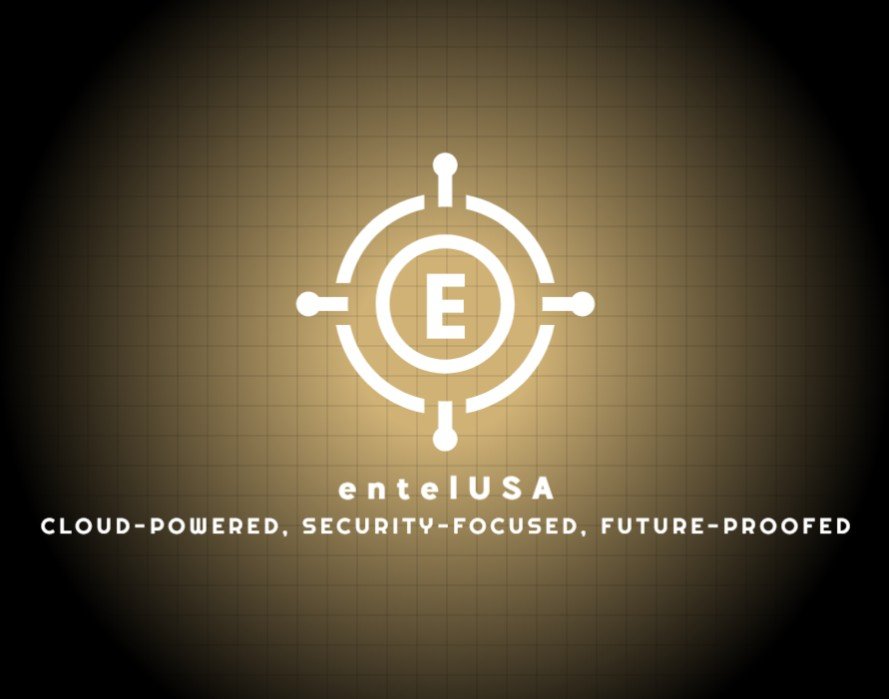What makes us the successful Managed Service Provider (MSP)
Technical Expertise
IT Infrastructure Knowledge: Proficiency in managing networks, servers, storage, cloud platforms (e.g., Azure, AWS), and virtualization technologies (e.g., VMware, Hyper-V).
Monitoring & Management Tools: Expertise in using Remote Monitoring and Management (RMM) tools, such as SolarWinds, ConnectWise, or Kaseya, to monitor client systems and provide proactive support.
Security Solutions: Capability to implement and manage cybersecurity measures, including firewalls, endpoint protection, and vulnerability assessments.
Backup & Disaster Recovery: Knowledge of data backup, recovery solutions, and business continuity planning.
Help Desk Support: Ability to provide 24/7 technical support and troubleshoot client issues effectively.
Operational Capabilities
Service Level Agreements (SLAs): Ability to define, negotiate, and maintain SLAs that specify response times, uptime guarantees, and support levels.
Ticketing Systems: Use of systems like ServiceNow or Zendesk to track and manage service requests efficiently.
Automation Tools: Experience with automation frameworks for patch management, system updates, and routine tasks.
Scalability: Infrastructure and staff to handle growing client demands while maintaining service quality.
Legal and Compliance Requirements
Licensing: Appropriate software and hardware licenses, including reseller or partner certifications with major vendors like Microsoft, Cisco, or VMware.
Contracts: Clear contracts outlining services, pricing, responsibilities, and liability.
Insurance: Business liability and cybersecurity insurance to protect against potential risks.
Compliance: Adherence to industry standards and regulations such as GDPR, HIPAA (for healthcare clients), or SOC 2 for data security and privacy.
Business Foundations
Business Model: A recurring revenue model, such as monthly subscriptions, based on proactive IT management and support.
Customer Relationship Management (CRM): Use of CRMs to track client interactions, contracts, and service performance.
Marketing and Sales: Strategies to acquire and retain clients, including certifications and referrals.
Vendor Relationships: Partnerships with IT vendors for discounts, training, and access to advanced tools.
Key Certifications
Industry Certifications: Obtain certifications like Microsoft Partner Network, AWS MSP Partner, Cisco Partner, or CompTIA Managed Services Trustmark.
Employee Certifications: Ensure staff holds relevant IT certifications, such as:
ITIL (Information Technology Infrastructure Library)
Microsoft Certified Professional (MCP)
Certified Information Systems Security Professional (CISSP)
VMware Certified Professional (VCP)
Financial Tools
Startup Capital: Funding for software licenses, RMM tools, and initial operational costs.
Pricing Strategy: Competitive pricing for services based on market research and value offerings.
Accounting and Billing Systems: Tools for automated invoicing, tracking recurring payments, and managing budgets.
Soft Skills and Team Management
Communication: Clear and effective communication with clients about IT needs and solutions.
Team Management: A skilled team of technicians, support staff, and project managers.
Problem-Solving: Ability to resolve technical issues proactively and efficiently.


